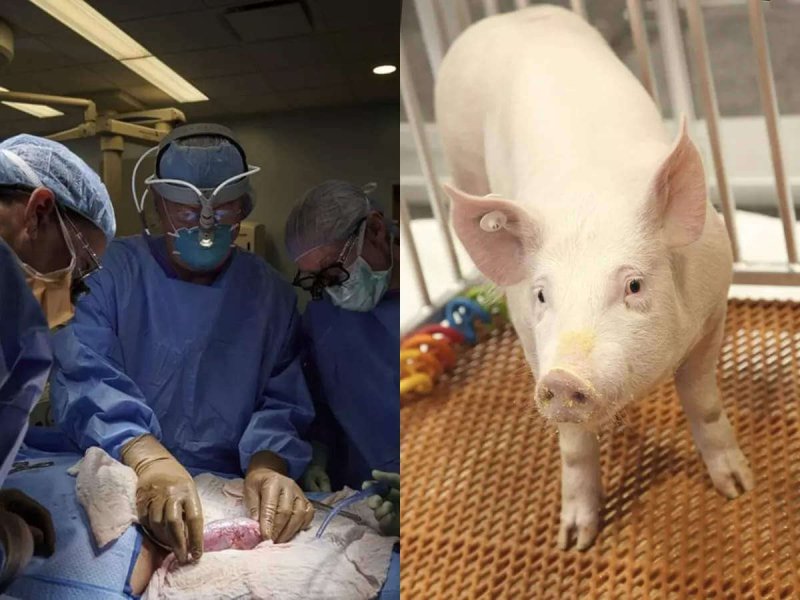German scientists plan to clone and then breed this year genetically modified pigs to serve as heart donors for humans, based on a simpler version of a US-engineered animal used last month in the world’s first pig-to-human transplant.
Eckhard Wolf, a scientist at Ludwig-Maximilians University (LMU) in Munich, said his team aimed to have the new species, modified from the Auckland Island breed, ready for transplant trials by 2025.
In the first surgery of its kind, a team at the University of Maryland Medicine last month transplanted a heart from a pig with 10 modifications into a terminally ill man. His doctors say he is responding well though risks of infection, organ rejection or high blood pressure remain.
“Our concept is to proceed with a simpler model, namely with five genetic modifications,” said Wolf, whose work has triggered a heated debate in a country with one of Europe’s lowest organ donation rates and a strong animal rights movement.
Wolf, who has been researching animal-to human-transplants – known as xenotransplants – for 20 years, said his team would use still inefficient cloning technology to generate only “the founder animals”, from which future genetically identical generations would be bred.
































